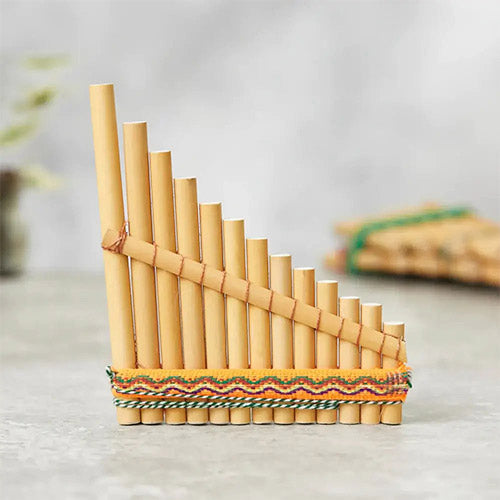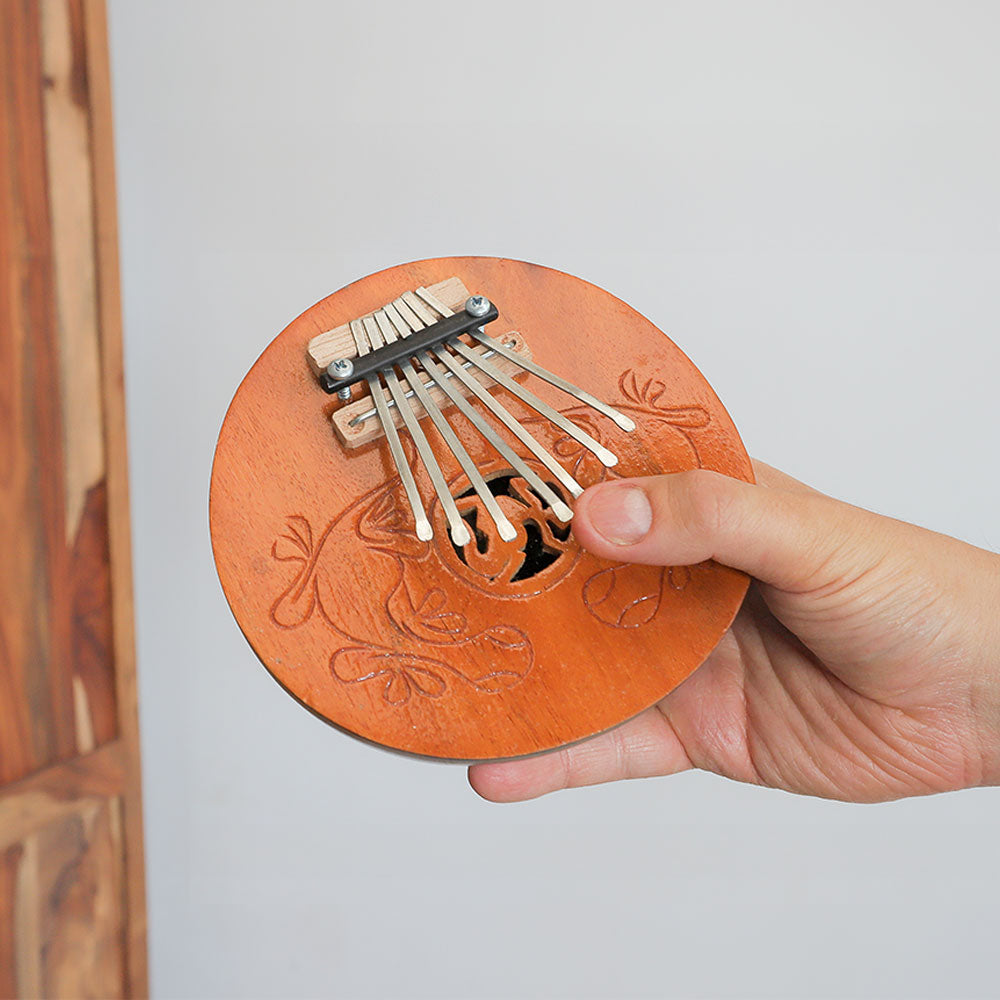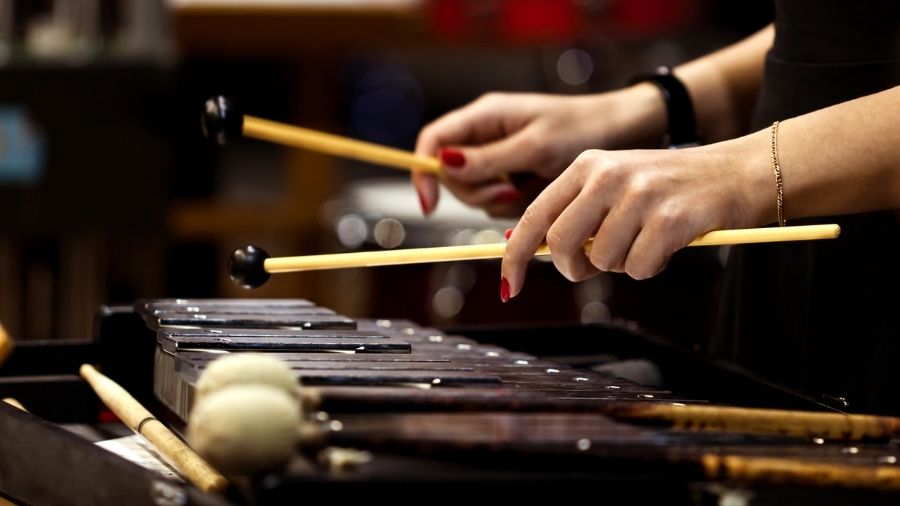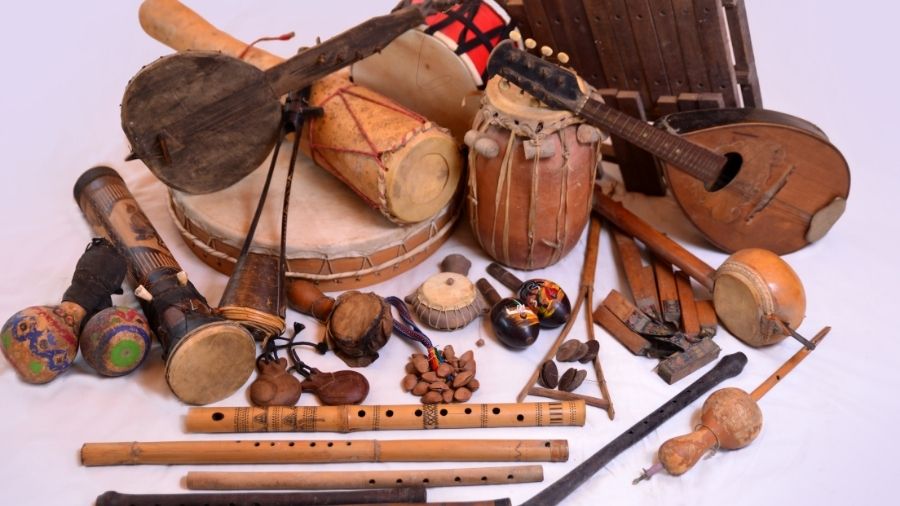As a musician, I have always been fascinated by the ever-evolving landscape of technology and its impact on the music industry. One of the most exciting developments in recent years has been the emergence of AI technology, which has opened up countless possibilities for musicians like myself. Among the various AI tools available, ChatGPT stands out as a game-changer. It is an advanced language model that uses AI's power to generate conversationally human-like responses.
In this digital age, musicians face numerous challenges. The music industry has become highly saturated, making it difficult for artists to stand out. Additionally, songwriting and music production can be time-consuming and mentally draining. As a musician, finding ways to overcome these challenges and stay ahead in the ever-competitive music industry is crucial.
How ChatGPT can revolutionize the music industry
ChatGPT has the potential to revolutionize the music industry in several ways. Firstly, it can enhance creativity and songwriting. By interacting with ChatGPT, musicians can tap into a vast musical knowledge and inspiration database. The AI-powered system can provide suggestions, melodies, and lyrics as a virtual collaborator and co-writer. This speeds up the creative process and introduces fresh ideas that musicians may have yet to consider.
ChatGPT can be used to help with songwriting
ChatGPT is demonstrated to be a valuable tool for elevating creativity and songwriting. Musicians can explore new ideas and experiment with different musical styles by conversing with the AI model. For example, if a songwriter is stuck with a particular verse, ChatGPT can suggest alternative rhymes or provide different perspectives to overcome the creative block. The AI-powered system can also analyze existing songs and offer insights on chord progressions, harmonies, and arrangements, helping musicians craft unique and interesting compositions.
Music ideas and collaboration with ChatGPT
Collaboration is an essential part of the music-making process, and ChatGPT can be an innovative collaborator for musicians. The AI model can generate musical ideas based on the inputs provided by the musician, opening up new avenues for exploration. By bouncing ideas off ChatGPT and getting instant feedback, musicians can push the boundaries of their creativity and go on exciting musical experiments. This collaborative approach allows for a fusion of human intuition and AI-generated suggestions, resulting in groundbreaking compositions.
Using ChatGPT for music production and arrangement
Beyond the creative aspect, ChatGPT can also be a valuable music production and arrangement tool. The AI model can assist musicians in finding the right sounds, instruments, and effects to complement their compositions. By analyzing a song's style and genre, ChatGPT can suggest appropriate production techniques and provide insights on achieving a polished and professional sound. This saves musicians time and effort, allowing them to focus on the artistic aspects of music-making.
ChatGPT as a virtual music tutor and mentor
Musicians, especially those just starting their musical journey, often seek guidance and mentorship. ChatGPT can be a virtual music tutor, offering valuable advice and insights. Whether learning new techniques, understanding music theory, or seeking inspiration, musicians can converse with ChatGPT to expand their knowledge and skills. The AI model can provide personalized recommendations and resources tailored to each musician's needs and goals.
Beyond music creation, AI technology is also transforming other aspects of the industry, such as audio production and localisation. For musicians looking to expand their reach, tools like AI Dubbing Online provide an innovative way to translate and dub content into multiple languages, making music and educational content more accessible to global audiences. This can be especially useful for artists sharing tutorials, lyric videos, or behind-the-scenes content with a diverse fanbase.
The downsides of ChatGPT for musicians
While ChatGPT offers numerous benefits, it is essential to acknowledge its limitations. The AI model may only sometimes understand the context or nuances of a musician's creative vision, leading to suggestions that may need to align with the artist's intentions. Relying too heavily on AI-generated ideas can result in losing personal artistic expression. Musicians must balance utilizing ChatGPT as a tool and maintaining their creative identity.
Several musicians have already started using ChatGPT and experienced success in their musical endeavours. One notable example is the musician and producer John, who collaborated with ChatGPT to create an entire album. By leveraging the AI model's suggestions and guidance, John could explore new genres and experiment with unconventional song structures. The resulting album received critical acclaim and helped him establish a unique artistic identity.
The future of AI in music and the role of ChatGPT
The future of AI in music is undoubtedly promising. We can expect AI models like ChatGPT to become even more refined and versatile as technology advances. They will assist musicians in their creative process and play a significant role in music distribution, promotion, and audience engagement. ChatGPT and similar AI tools have the potential to democratise the music industry, allowing artists from all backgrounds to thrive and reach a global audience.
Should musicians use ChatGPT?
Musicians are their brand, and authenticity is key to standing out. While ChatGPT offers valuable tools to enhance creativity and songwriting, relying heavily on AI risks blending into the majority. Using ChatGPT can provide inspiration and support, but being an artist comes from your unique voice and perspective. Balancing AI as a tool rather than a crutch ensures your music stays original and meaningful, maintaining your distinct identity in a crowded industry.







